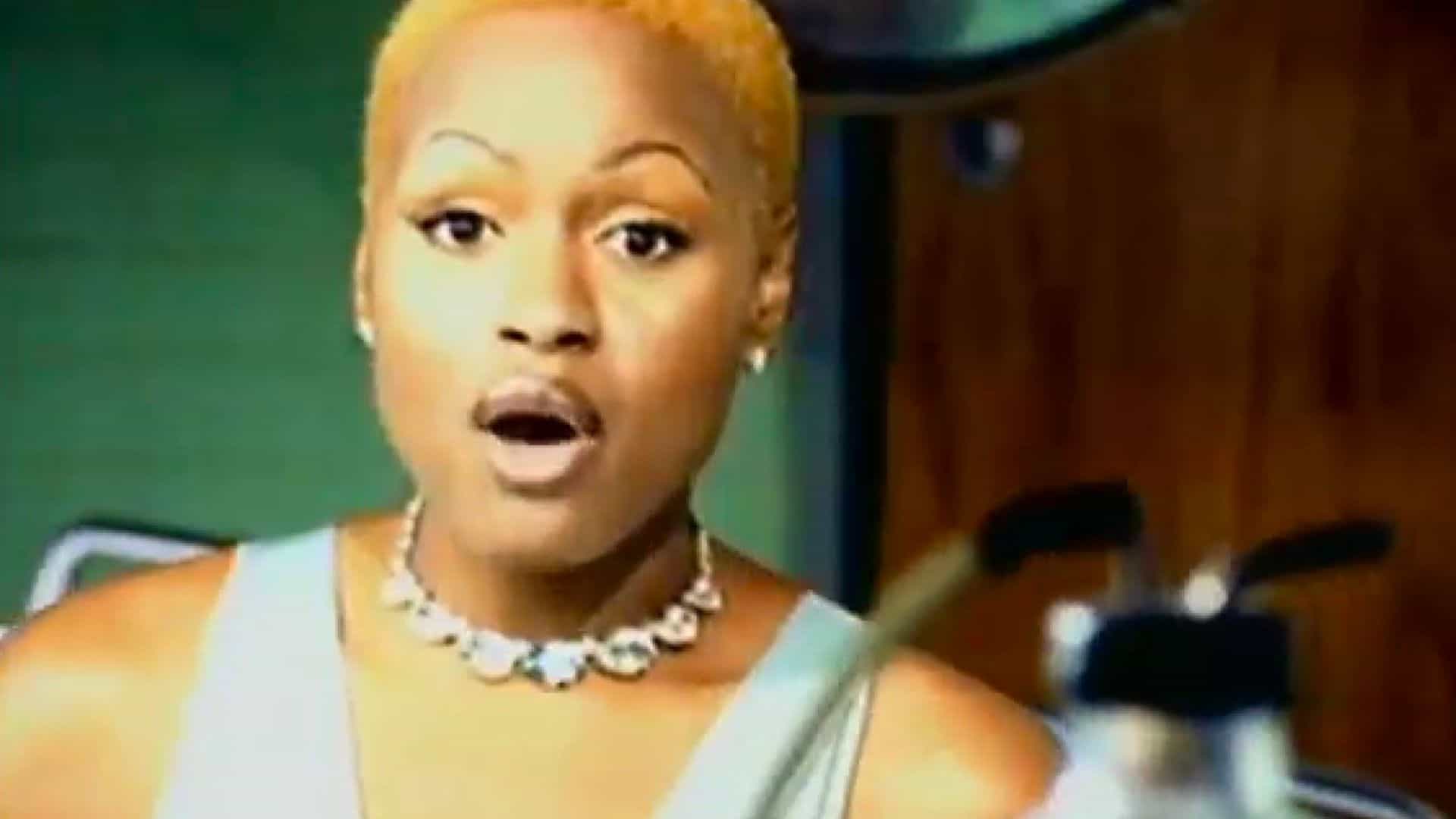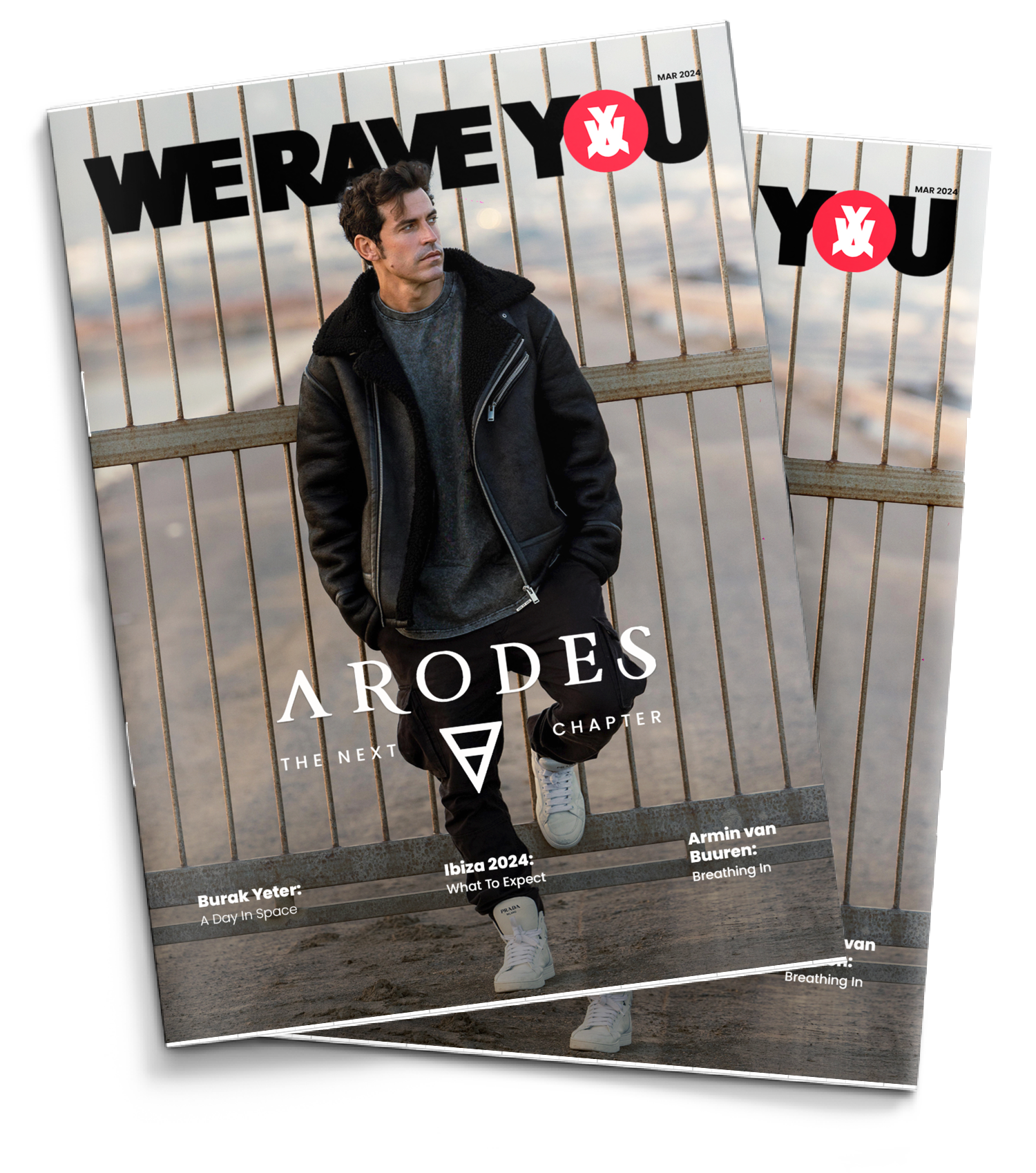

Ultra Naté – ‘Free’: Reflecting Back on an Iconic 90s Dance Anthem
“Free” by American recording artist Ultra Naté, released on March 31, 1997, through record label Strictly Rhythm, remains a beloved and influential track in the world of electronic music. Co-written by Ultra Naté herself, along with collaborators Lem Springsteen and John Ciafone, the song’s production was masterfully handled by Springsteen and Ciafone. “Free” held the honor of being the lead single from her third studio album, “Situation: Critical” (1997). Musically, the song is a fusion of various genres, including house, 1990s soul, dance-pop, garage, and disco.
▶️ Subscribe to We Rave You Classics YouTube Channel
Critically acclaimed and showered with accolades, “Free” is celebrated as one of the standout dance anthems of the 1990s. Ultra Naté’s remarkable vocal prowess and the song’s production quality have earned it a special place in the hearts of music enthusiasts worldwide. It’s a track that has left an indelible mark on the dance music landscape.
Ultra Naté’s “Free” found its way to the top of the charts in multiple countries. Notably, it claimed the number-one spot in Italy, while also achieving top-ten rankings in Canada, France, Iceland, Ireland, Switzerland, and the United Kingdom. Even in the United States, the track made its mark on the Billboard Hot 100, peaking at number 75, and soared to the top of the Billboard Hot Dance Club Songs chart.
The song’s compelling message and empowering vibe resonated with audiences, particularly within the LGBTQ+ community, making it a significant anthem for self-expression and liberation. Ultra Naté’s performance of “Free” on various television shows, including the iconic British music chart program “Top of the Pops,” further solidified its status as a dance music classic.
Ultra Naté’s journey to stardom is as remarkable as the track itself. Having displayed her singing talents from a young age, she began her music career in church and pursued a degree in medicine at a university in Baltimore. However, her weekends were spent in clubs, where she crossed paths with the house music production team, The Basement Boys. This encounter led to the release of their 1991 album, “Blue Notes in the Basement.” After parting ways with her initial label, she signed with Strictly Rhythm in New York, setting the stage for her collaboration with producers and songwriters John Ciafone and Lem Springsteen of Mood II Swing.
“Free” was inspired by the track “Losing My Religion” by R.E.M. Ultra Naté envisioned a rock-infused dance track suitable for clubs, and she added the distinctive guitar riff at the beginning of the song, played by Woody Pak, a friend of Springsteen. The song’s title emerged organically during the creative process. Ultra Naté co-wrote the lyrics, resulting in two different versions with distinct verses and B-sections. These elements were meticulously combined to form the final version of “Free.” The powerful chorus featured the vocals of three gospel singers: Audrey Wheeler, Cindy Mizelle, and Khadejia Bass. Little Louie Vega, an American DJ, was the first to introduce “Free” to clubs, initiating its journey to becoming a global sensation.
“Free” received widespread acclaim from music critics, who praised its infectious melody and Ultra Naté’s commanding vocal performance. It was hailed as a symbol of empowerment and freedom by many, particularly within the LGBTQ+ community.
The track’s impact extended beyond its initial release. “Free” earned numerous accolades, such as the Capital Radio Award for Best Dance Track in 1998. DJ Magazine ranked it fifth in their “Top 100 Club Tunes” the same year, while MTV Dance included it in their list of “The 100 Biggest 90’s Dance Anthems of All Time” in 2011. In 2016, Attitude’s “The Top 10 Dance Tunes of the ’90s” placed “Free” at the number one spot. “Free” continues to be celebrated as an eternal dance classic, and its impact endures to this day.
In 2019, British singer-songwriter and actor Will Young identified “Free” as his all-time favorite sunshine track, recognizing its influence and Ultra Naté’s distinctive style. Tomorrowland and Time Out have also recognized the track’s enduring appeal in their respective rankings. Additionally, Pitchfork acknowledged “Free” as one of the “30 Best House Tracks of the ’90s,” solidifying its place in dance music history.
“Free” remains a powerful symbol of liberation and self-expression, continuing to captivate audiences and inspire dancers to let loose and be free. Ultra Naté’s indelible contribution to the world of dance music, through this iconic track, is a testament to her artistic excellence and the enduring legacy of “Free.”
Image Credit: Ultra Naté/YouTube


- Arodes cover Interview
- Armin van Buuren: Breathing In [Exclusive Interview]
- Ibiza 2024: What To Expect
- Burak Yeter: A Day In Space [Exclusive]
